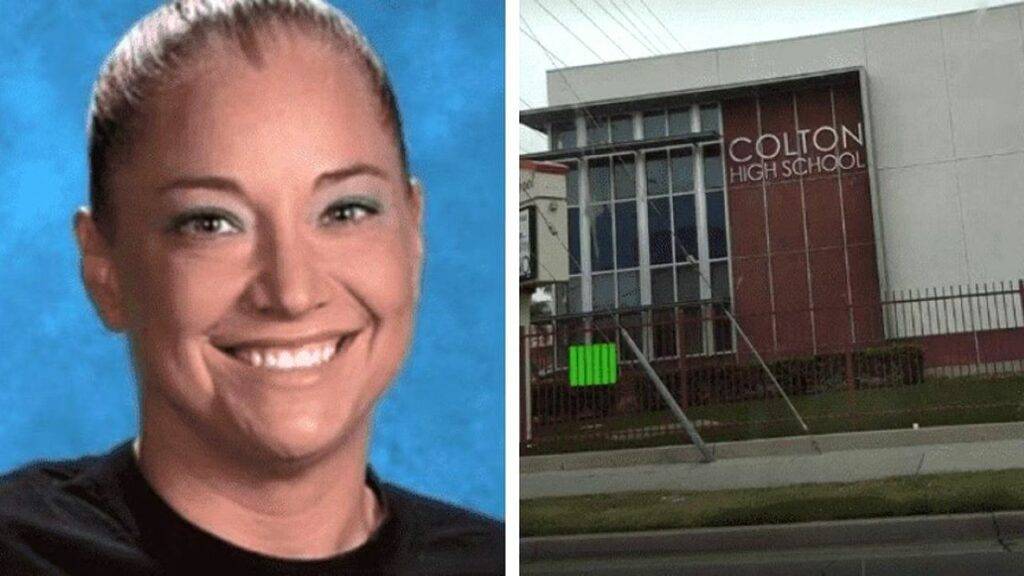In a shocking turn of events, the case involving former high school athletic trainer Tiffany Gordon Strauss has taken a new direction with recent updates revealing disturbing allegations of abuse.

The case, which has garnered significant attention, highlights the profound impact of such incidents on the athletic community and underscores the importance of addressing issues of abuse and misconduct promptly and effectively.
Tiffany Gordon Strauss Case Update
Former NFL player Shareece Wright has emerged as a prominent figure in the ongoing saga, publicly identifying himself as one of the 12 anonymous plaintiffs accusing Tiffany Strauss Gordon of sexual assault during their time as minors at a Southern California high school.
According to court documents and interviews, Wright and others have detailed harrowing experiences of abuse allegedly perpetrated by the former athletic trainer.
Wright’s decision to speak out stems from a desire to prevent similar incidents from occurring in the future. “The less it’s kept a secret, the harder it is for it to continue to happen,” Wright emphasized during a recent interview with ESPN’s “Outside the Lines.”
The allegations against Strauss-Gordon paint a disturbing picture of grooming and exploitation within the athletic environment. Wright recounted how, at the age of 15, he first encountered Strauss-Gordon, then 21, during his freshman year at Colton High School.
Over three years, he alleges that she engaged in inappropriate conduct, including touching him inappropriately during treatment sessions and engaging in sexual acts in various locations within the school premises.
Attorney Morgan Stewart, representing Wright and other plaintiffs, highlighted the concerning dynamics at play, stating, “You’ve got football, you’ve got the coach’s daughter, you’ve got a permissive school environment where it’s allowed to happen.”
Athletic Trainer Tiffany Strauss Gordon Accused Of Abusing
Despite the gravity of the allegations, Tiffany Strauss-Gordon has denied the accusations and has not faced criminal charges. The legal proceedings have shed light on institutional failures and a lack of accountability. Questions have arisen regarding the handling of previous complaints, with revelations surfacing about prior knowledge of alleged misconduct dating back to 2011.
The response from the Colton Joint Unified School District has come under scrutiny, particularly concerning its handling of internal investigations. Critics argue that the district’s actions fell short of ensuring the safety and well-being of students under its care.
In the wake of these distressing revelations, there has been a growing call to action to address systemic issues and enact meaningful change. Shareece Wright’s decision to speak out serves as a catalyst for broader conversations surrounding accountability, transparency, and safeguarding measures within athletic programs.
As Wright himself articulates, “Being a dad and having kids… it just hit home. I just want to make the conversation comfortable for people to speak up about.”
The Tiffany Gordon Strauss case serves as a stark reminder of the vulnerabilities present within athletic environments and the imperative to prioritize the safety and well-being of all participants.
By confronting misconduct head-on, fostering a culture of openness and accountability, and implementing robust safeguarding protocols, the athletic community can strive towards a future where such incidents are swiftly identified and addressed, ensuring a safer and more inclusive environment for all.



